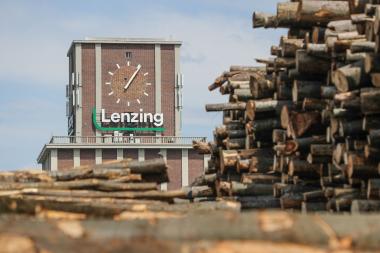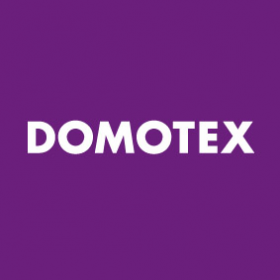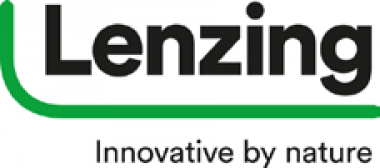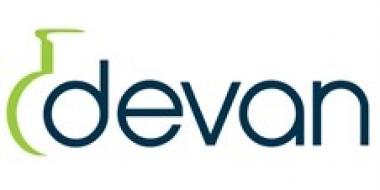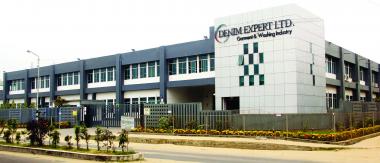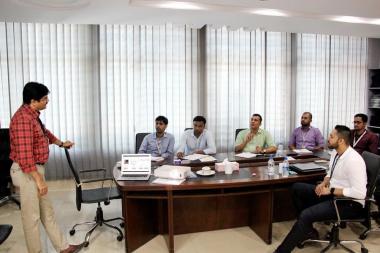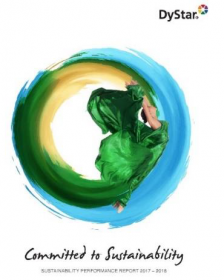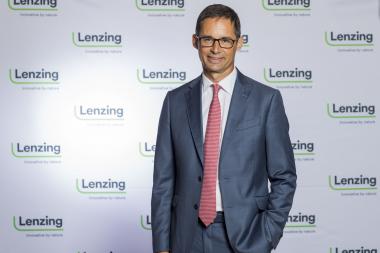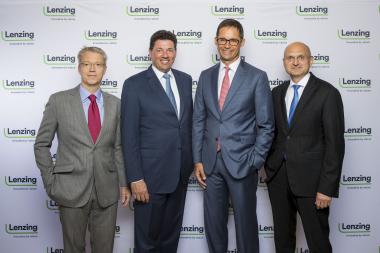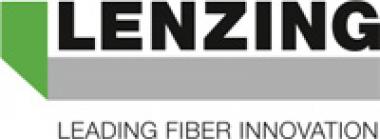Lenzing Group to become the first carbon neutral fiber producer in the world
- Lenzing sets net-zero CO2 emissions target by 2050
- Reduction of specific CO2 emissions by 50 percent until 2030
- Investment of more than EUR 100 mn to combat 1.3 Mt of CO2 emissions
- Commitment to follow the Science Based Targets concept
Lenzing, member of the CEO Climate Leaders Group of the World Economic Forum and a signatory to the United Nations Fashion Industry Charter for Climate Action, will drastically reduce its CO2 footprint. The Lenzing Group will invest EUR 100 mn over the coming years to reduce carbon emissions both inside its operational boundaries (scope 1+2) and in its supply chain (scope 3). Due to its ambitious CO2 emission reduction strategy, the Lenzing Group will further contribute towards helping customers to transition their business to a lower CO2 base.
A first milestone is set for 2030, when Lenzing plans to reduce CO2 emissions per ton of product by almost 50 percent (scope 1+2 and 3) compared to a 2017 baseline. The total CO2 reduction of all the planned initiatives will yield 1.3 Mt.
Lenzing Group
Lenzing AG


